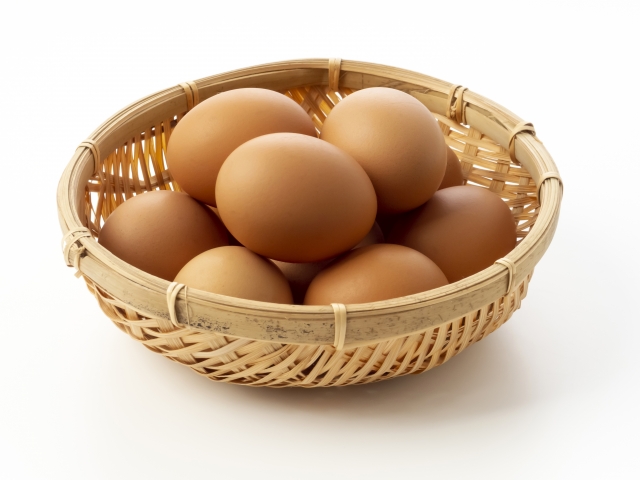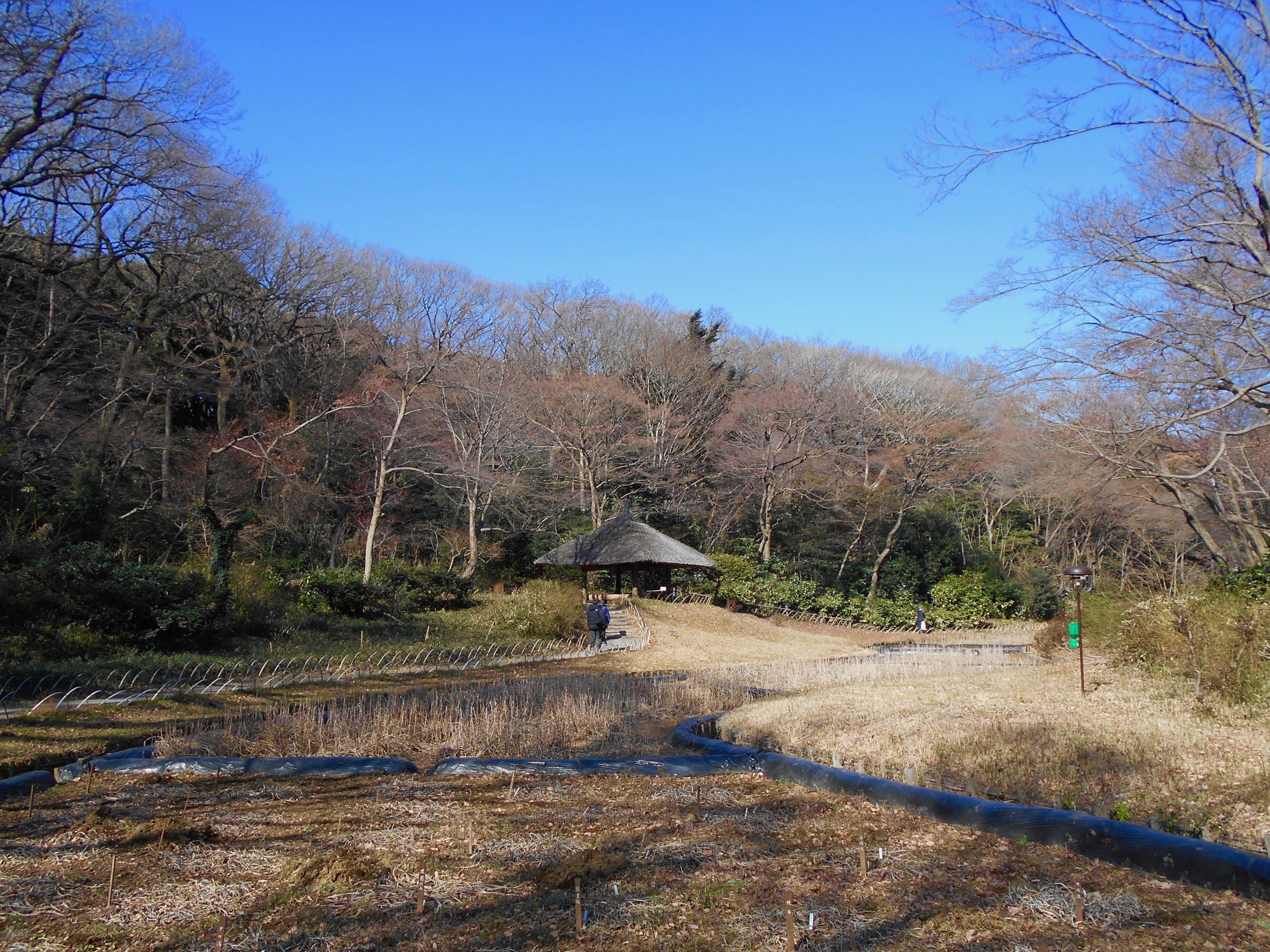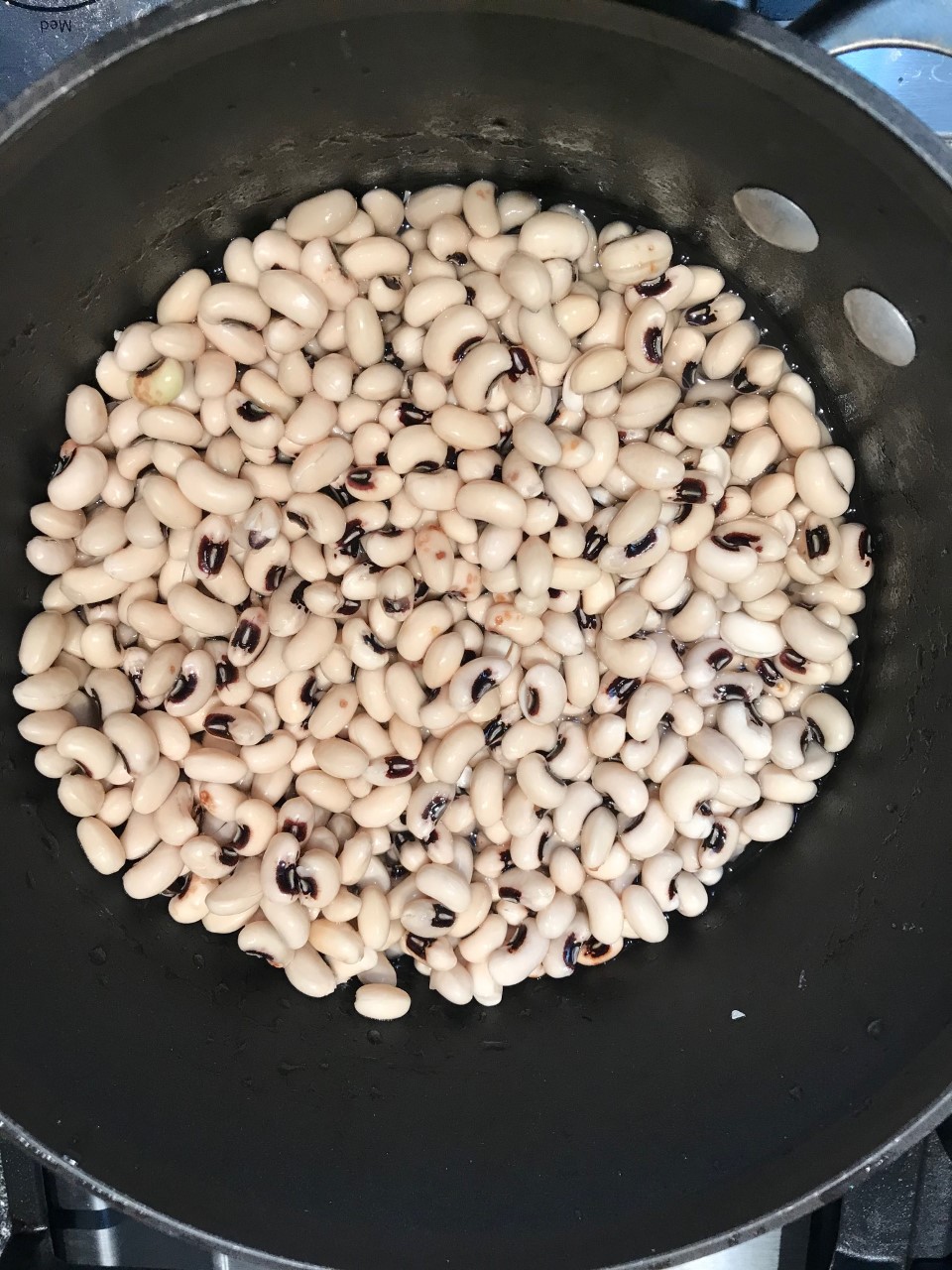Better Hygiene Helps Japan Control The Flu Contents “Precautions for the New Coronavirus Help Japan Control the Flu” Some extracts…
Continue ReadingWhy Does “Ruby” Mean “Furigana”? / なぜ振り仮名をルビという?
“Word” has a convenient function called “ruby”. You use it to put “furigana” or small hiragana above Chinese characters to show their pronunciation. Here is a story on how it came to be called “ruby”.
「ワード」には「ルビ」という便利な機能があります。漢字に「ふりがな」と呼ばれる小さなひらがなをつけて読みを示すことができるのです。これがどうして「ルビ」と呼ばれるようになったかのお話です。
Pronunciation Tips for Popular Expressions with “te Form” / 「て形」表現の発音のコツ
“Maiasa, tamago o tabete imasu.” (Every morning I eat eggs.) Even if there is a space between “tabete” and “imasu”, do not take a breath between them. Why? Here is the reason.
Continue ReadingHow to Protect Yourself from Infectious Diseases / 感染症を防ぐために
This is a collection of advice from NHK and other sources, in early February 2020 on how to protect ourselves from infectious diseases in general. We hoped these would work fo Covid-19.
Continue ReadingThe Particle “o” (を)
We will review the main functions of the particle “o”. It will be interesting to people at beginning through intermediate levels.
Updated: 2021/9/28
“Ki-Sho-Ten-Ketsu”, A Pattern of Storytelling / 物語のパターン「起承転結」
We saw two Asian movies. The stories were very different, but both followed a familiar Asian storytelling pattern, “ki-sho-ten-ketsu”.
アジアの映画を二つ見ました。筋はずいぶん違うけれど、どちらもアジアの物語によくある「起承転結」だと思いました。
A Winter Entertainment / 冬の楽しみ
Some people in the olden days enjoyed going out in the dead of the winter to see fields of dead leaves. Revised: June 24, 2021
Continue ReadingA New Beginning / ある門出の話
We read an interesting news article: A gangster studied in a jail to have a professional job and began to lead a serious life. He was not young.
面白いニュースがありました。もう若くないヤクザが服役中に勉強を始め、資格を得て普通の人生を始めたというのです。
While My Eyes Are Black / わしの目の黒いうちは
The American legume, “Black-Eyed Peas”, reminded us of an interesting expression. We would like to share it with you!
Continue ReadingA Happy New Year!: The Beginning-Of-The-Year Greeting / 年頭の挨拶
FOR AND AFTER January First, remember this greeting: “Akemashite omedetoo gozaimasu!”.
Here we discuss its meaning and a couple of words related to it. Last revised: 11/20/20









